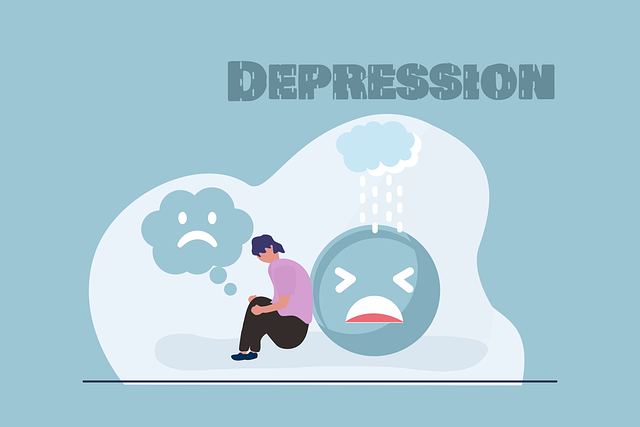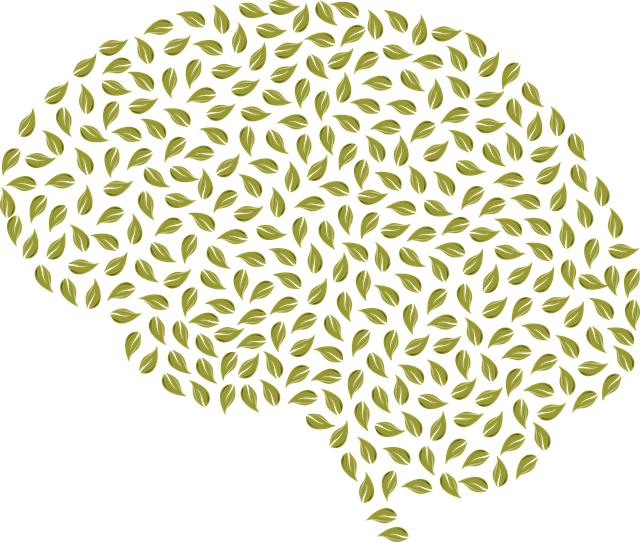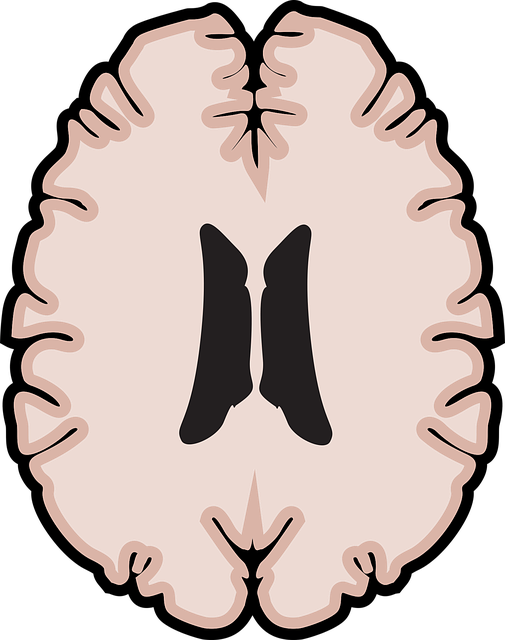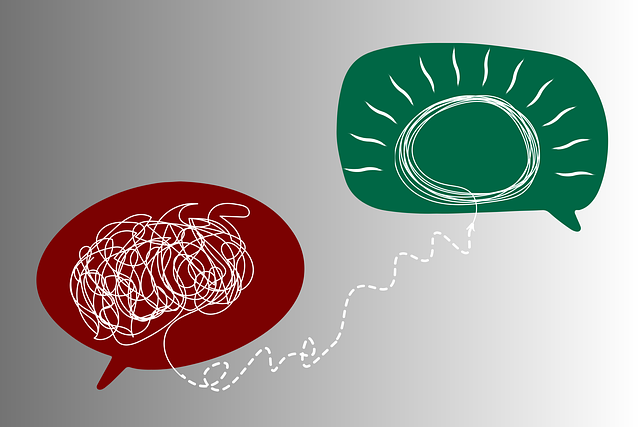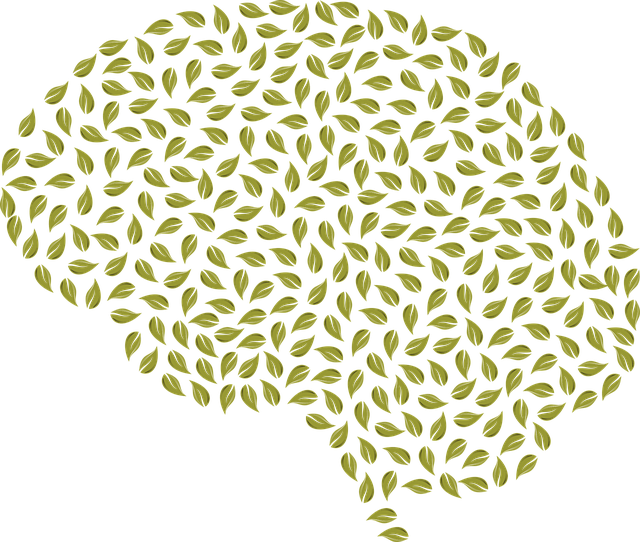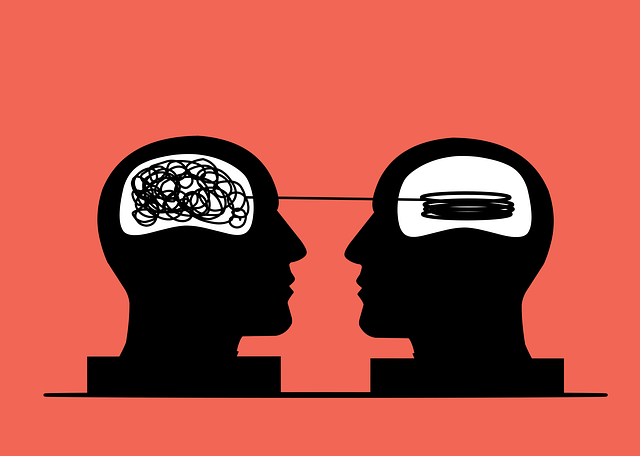Mental health challenges among young adults are driven by unique pressures like academic expectations, social media comparisons, and identity formation. Spiritual beliefs significantly impact their mental wellness, leading to therapy focusing on spiritual-religious issues as a crucial component of care. Personalized self-assessment tools empower them with self-awareness and coping mechanisms. Developing such tools, emphasizing Mental Illness Stigma Reduction, incorporates faith elements into therapeutic practices for enhanced effectiveness. Culturally sensitive approaches promote healing and resilience against mental health issues. Strategic planning and evaluation ensure the tool's adaptability, addressing evolving needs of young adults seeking holistic wellness support, including spiritual-religious aspects.
Mental wellness self-assessment tools play a crucial role in addressing the unique challenges faced by young adults, particularly those with spiritual-religious struggles. This article delves into the development of personalized assessment tools tailored to this demographic, exploring emerging trends in therapy for young adults with spiritual-religious issues. We examine the importance of comprehending mental health within this context and discuss strategies for designing effective resources, implementing them, and evaluating their impact on promoting comprehensive wellness support.
- Understanding Young Adult Mental Health and Spiritual-Religious Struggles
- The Need for Personalized Self-Assessment Tools
- Designing Effective Therapy Resources for Spiritual-Religious Issues
- Implementation and Evaluation Strategies for Comprehensive Wellness Support
Understanding Young Adult Mental Health and Spiritual-Religious Struggles

Mental health issues among young adults have gained significant attention due to a growing understanding of their unique struggles. This demographic often faces challenges distinct from those experienced by older generations, such as intense pressure to succeed academically or professionally, social media-driven comparisons, and a quest for identity formation. Furthermore, spiritual and religious beliefs play a pivotal role in shaping their mental wellness. Many young adults grapple with finding their place in the world, questioning their purpose, and managing existential fears, which can lead to increased anxiety, depression, or even suicidal ideation.
Spiritual-religious struggles are prevalent among this age group as they navigate life’s complexities. Therapy for young adults addressing spiritual-religious issues has emerged as a vital component of comprehensive mental health care. By incorporating practices that enhance self-awareness, promote healthy coping mechanisms like stress management and conflict resolution techniques, and boost confidence, these therapeutic approaches aim to support young adults in finding their unique paths to well-being.
The Need for Personalized Self-Assessment Tools

In today’s fast-paced world, young adults face a myriad of challenges that can significantly impact their mental wellness. From academic pressures and career uncertainties to social anxieties and spiritual-religious issues, the demands on young minds are immense. This is where personalized self-assessment tools play a pivotal role in helping individuals navigate and understand their emotional states. By providing tailored guidance, these tools empower young adults to take proactive measures for their mental health, especially when traditional therapy may not be readily accessible or suitable for everyone.
The development of such assessment tools should focus on Mental Illness Stigma Reduction Efforts, fostering a safe space for self-reflection and exploration. Incorporating Self-Care Practices into the assessment can help identify areas where individuals might benefit from additional support, whether it’s through counseling, community resources, or even spiritual guidance. Ultimately, these personalized assessments aim to enhance Mental Wellness by providing an inclusive and non-judgmental framework that caters to the unique needs of young adults grappling with various life challenges, including those related to spiritual-religious matters.
Designing Effective Therapy Resources for Spiritual-Religious Issues

Designing effective therapy resources for spiritual-religious issues is a specialized yet crucial aspect of mental wellness self-assessment tools development, particularly tailored to address the unique concerns of young adults. Incorporating elements of faith and spirituality into therapeutic practices can significantly enhance the effectiveness of treatment, as these factors often play integral roles in an individual’s overall well-being and coping mechanisms. By integrating culturally sensitive approaches, therapists can create safe spaces for young adults to explore their spiritual identities while learning practical self-care practices that complement their religious beliefs.
This tailored therapy approach not only promotes healing but also fosters resilience against emerging mental health issues such as depression prevention. Encouraging self-reflection and engaging in meaningful conversations about faith can empower young adults to navigate life’s challenges with greater mental health awareness and purpose. Ultimately, developing comprehensive resources that bridge spiritual-religious themes and evidence-based therapeutic techniques can revolutionize mental wellness support for this demographic, contributing to a holistic approach to self-care practices.
Implementation and Evaluation Strategies for Comprehensive Wellness Support

Implementing a comprehensive mental wellness self-assessment tool requires strategic planning and evaluation to ensure its effectiveness in supporting young adults’ holistic well-being. This process involves integrating various assessment dimensions, including psychological, social, emotional, and spiritual-religious aspects. By incorporating therapy for young adults tailored to address spiritual-religious issues, the tool can provide a nuanced understanding of their unique challenges. For instance, self-esteem improvement techniques and confidence-boosting exercises alongside risk management planning for mental health professionals can offer a well-rounded approach.
Evaluation strategies should focus on measuring the tool’s impact on users’ mental wellness over time. This includes tracking improvements in self-perceived well-being, emotional resilience, and coping mechanisms. Regular user feedback and qualitative assessments can provide valuable insights into the tool’s usability, relevance, and areas for potential enhancement. Such evaluations ensure that the self-assessment tool remains adaptive and responsive to the evolving needs of young adults seeking comprehensive wellness support.
The development of personalized self-assessment tools is a pivotal step towards addressing the unique mental wellness challenges faced by young adults, particularly in navigating spiritual and religious struggles. By understanding the intricate relationship between these aspects and overall mental health, we can create effective resources like therapy for young adults with spiritual-religious issues. Implementation strategies that involve comprehensive evaluation ensure tailored support, fostering holistic wellness and enhancing access to care. This approach empowers individuals to take charge of their mental well-being and navigate life’s complexities with resilience.
